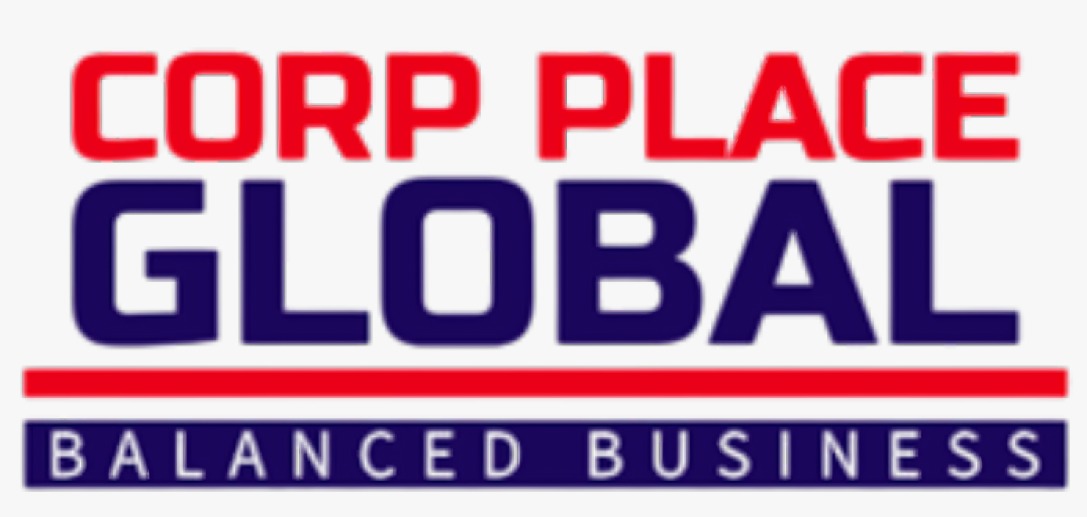About Us
Our Channel
Leadership
Industries
Plans
Services

Advisory Services
Regulatory Compliance Advisory Data Privacy Laws Advisory Labour Law Advisory Anti-Money Laundering Compliance Advisory FATCA & CRS Compliance Advisory Financial Crime Compliance Advisory POSH Advisory Compliance Framework Advisory Due Diligence Compliance Advisory SEZ Advisory Advisory OpinionTraining Programs
Regulatory Training Labour Law Training Data Privacy Training Anti-Money Laundering Compliance Training FATCA Training POSH Training COI Training Cyber Security Training Diversity Training Financial Crime Training Insider Trading Training G&E Training Company Specific Policy Training TrainingRisk & Investigations
Risk Assessment Investigation Process AuditPolicy & Governance
Policy Drafting Policy Restructuring Whistleblower Management Cultural Change Management
Products

Products

Services




